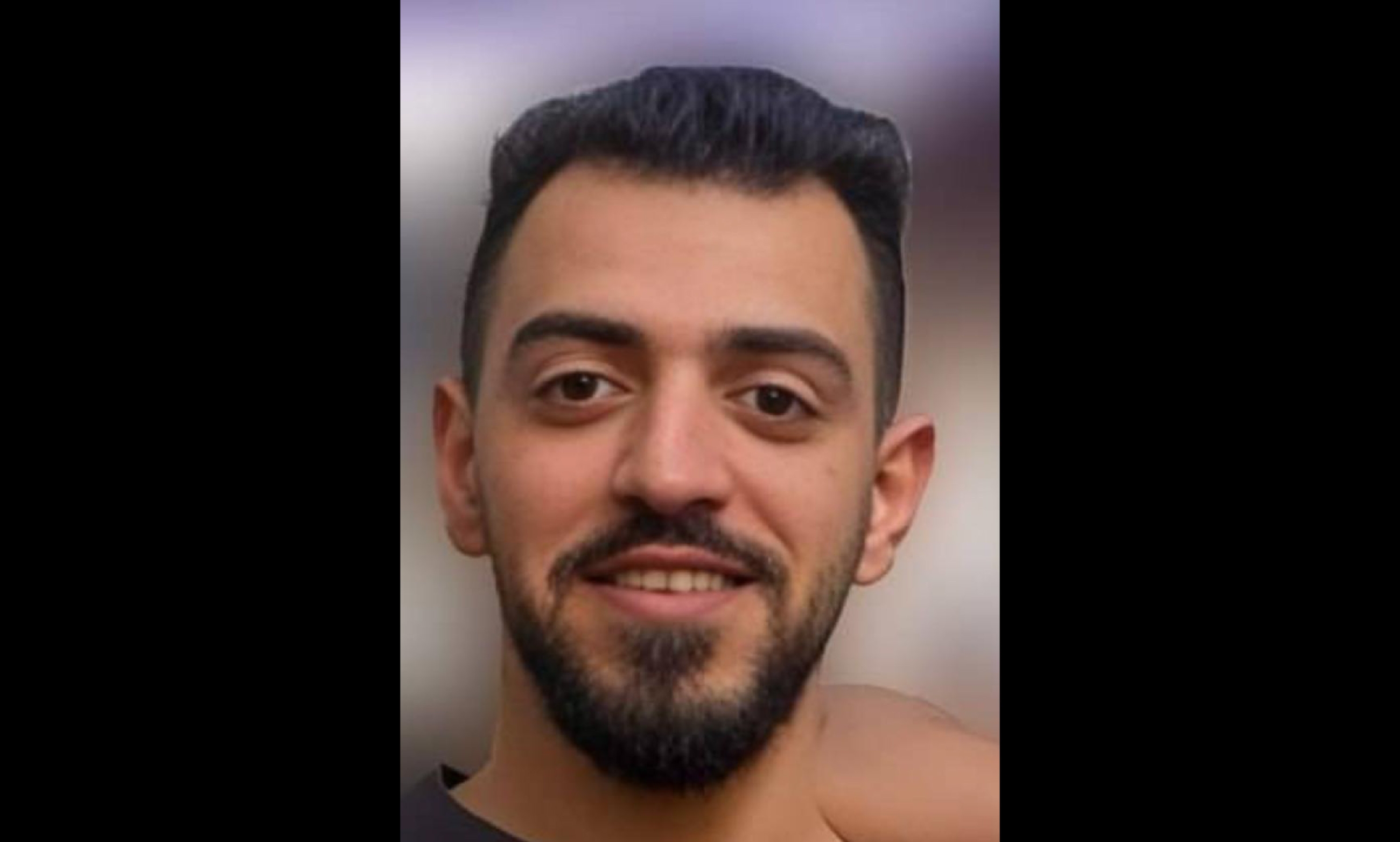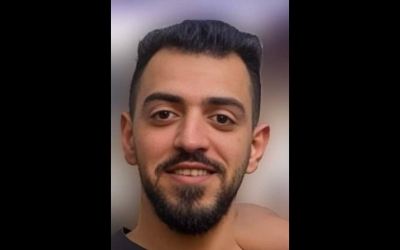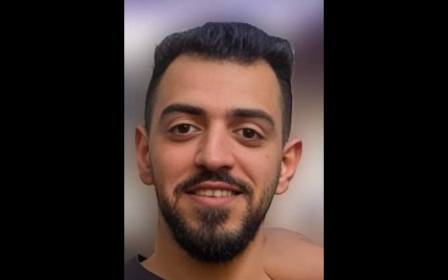Moroccan court rules to extradite Saudi man despite safety concerns

A Moroccan court ruled to extradite a Saudi Arabian man to the Gulf kingdom despite fears for his safety, human rights advocates said on Thursday.
Hassan al-Rabea, 26, will likely be subjected to "enforced disappearance, torture, and arbitrary sentences that may lead to his death" in Saudi Arabia, the European Saudi Organisation for Human Rights (ESOHR) warned after the extradition decision.
Al-Rabea's brother, Ahmed al-Rabea, told Middle East Eye that it was a "disappointing decision".
"This shows that Moroccan law is just a cheap commodity for Saudi Arabia," he said.
Officially the ruling cannot be appealed. Ahmed said he was waiting to discuss further options with their lawyer.
New MEE newsletter: Jerusalem Dispatch
Sign up to get the latest insights and analysis on Israel-Palestine, alongside Turkey Unpacked and other MEE newsletters
'This shows that Moroccan law is just a cheap commodity for Saudi Arabia'
- Ahmed al-Rabea, Hassan's brother
Hassan was detained on 14 January at Marrakesh Airport on an arrest warrant issued at the request of Saudi authorities who are seeking to try him for leaving the kingdom “irregularly” with the help of “terrorists”.
ESOHR called Moroccan authorities "partners in the crime" and labelled the extradition a "flagrant violation of international law".
Rights groups have said Hassan is just the latest member of his family to be punished for anti-government protests in Qatif that relatives participated in years ago.
Hassan’s eldest brother, Ali, is in prison facing the death sentence for alleged terrorism. Ahmed told MEE earlier this week the “terrorist” whom Ali is alleged to have helped is Munir, another al-Rabea brother who is wanted for protesting in 2011.
The family, who are members of Saudi’s Shia minority, live in Awamiya, a town in the Qatif province that has been the site of protests over government discrimination against the community.
The Switzerland-based MENA Rights Group said it has submitted an urgent request to the United Nations Committee against Torture to stop al-Rabea's extradition.
'Really scared'
The family's fears have been heightened because of the case of Osama al-Hasani, a Saudi-Australian national, who was deported from Morocco to Saudi Arabia in the middle of the night on 13 March 2021.
Hasani had been cleared of the criminal charges used to seek his extradition. His family reportedly believes he was sought over his political views instead.
“He is really scared,” said Ahmed earlier this week.
“You can tell that he’s really worried because every question [during our call] was: ‘Brother, do you think Morocco is going to send me there?’”
Three months ago, the Arab Interior Ministers Council, an arm of the Arab League that coordinates law enforcement between countries, issued a request for Hassan’s arrest at Saudi Arabia’s direction.
Alexis Thiry, the legal advisor for MENA Rights Group, who has seen the warrant, said it is the second extradition case in recent months to involve the council, occasionally referred to as the Arab Interpol.
In November, Sherif Osman, an Egyptian-American dual national who had been critical of the Egyptian government, was detained in the United Arab Emirates and faced extradition to Egypt based on a request from the council. He was freed in December.
Thiry said he is concerned that members of the Arab League may be using the council to avoid the scrutiny that would come with notices issued by the Lyon-based Interpol at their request.
Middle East Eye delivers independent and unrivalled coverage and analysis of the Middle East, North Africa and beyond. To learn more about republishing this content and the associated fees, please fill out this form. More about MEE can be found here.





